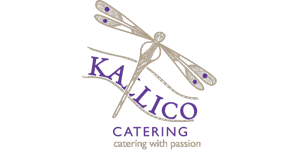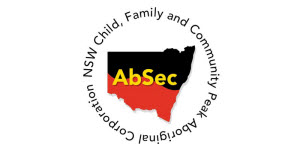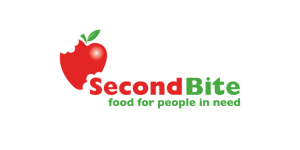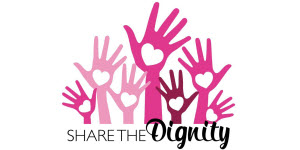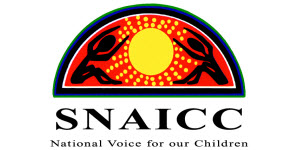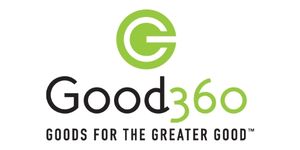For community, by community: The importance of Aboriginal-led initiatives during COVID-19
The COVID-19 pandemic is wreaking havoc across Australia and the world. Almost every person in Australia has been affected in some way, but the virus – and government response – is disproportionately impacting our Aboriginal and Torres Strait Islander communities.
Both the direct and indirect impacts of the pandemic on our people are wide-ranging, with increased risk of infection, hospitalisation and intensive care admissions; changes to the utilisation of health services; and increased risk of psychological distress from social isolation and social distancing.
In order to address these inequities in a culturally appropriate way, any response needs to be a culturally safe, trauma-informed and Aboriginal-led initiative.
Increased health risks
A research project undertaken by the Marumali Program® outlines how previous pandemics have led to significantly poorer health outcomes for First Nations peoples globally.
Disproportionately high infection rates, more severe symptoms and higher death rates than the general population – these are all symptoms of the alarming inequality in determinants of health.
The Impacts of COVID-19 on Stolen Generations survivors report by the Marumali Program® outlines the reasons for this increased risk of infection and associated consequences.
The higher prevalence of chronic disease among Aboriginal and Torres Strait Islander peoples, inequitable access to healthcare (particularly for those in regional and remote communities) and rampant social and economic disadvantage all contribute.
Changes to health services
Thankfully, the COVID-19 infection rate among Aboriginal and Torres Strait Islander peoples has remained relatively low. But the indirect impacts of the pandemic are having a more insidious effect on our communities.
The 2021 article by six Aboriginal community members, The indirect impacts of COVID-19 on Aboriginal communities across New South Wales, highlights the changes to health services utilisation and the effect this can have on the community.

Face-to-face primary care consultations have significantly decreased since the onset of the pandemic, as have emergency department visits and breast screen procedures, due to the reduced availability of some services and challenges experienced with telehealth.
Missed, delayed or avoided health care may further increase the already prevalent health inequalities experienced in our community.
The importance of connection
But perhaps the biggest challenge facing the Aboriginal and Torres Strait Islander community throughout this pandemic has been the disruption to our cultural, relational and collective practices.
The State and Federal Government public health responses, which have included extensive lockdowns and social distancing measures, have had severe psychological consequences for many in our community.
A survey conducted by the Marumali Program® found that Stolen Generations survivors were experiencing significantly increased feelings of isolation and loneliness, and severe disconnection from family, community, culture and country.
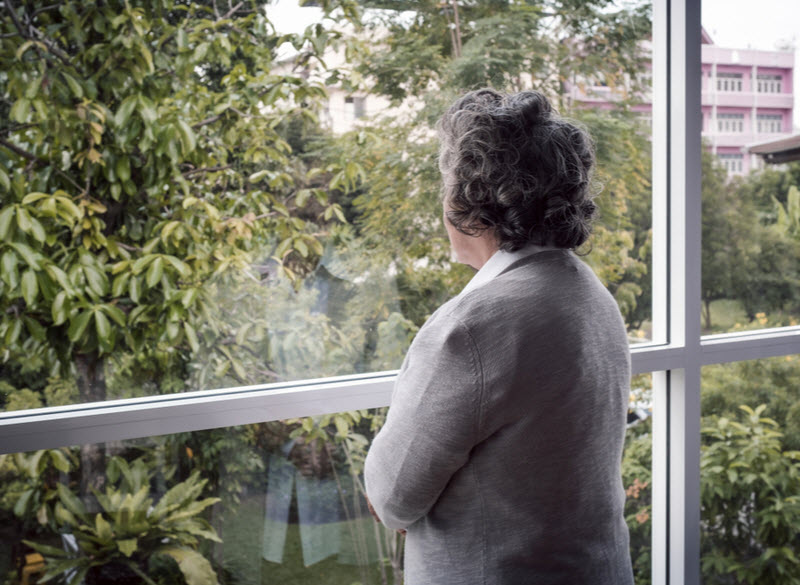
Connectedness is at the core of Aboriginal and Torres Strait Islander peoples’ sense of self, health and wellbeing, and such restrictive measures further jeopardise the health of our people.
Resilient and strong
But these challenging times are only reinforcing our commitment to the community, with Aboriginal and Torres Strait Islander people across the country increasingly taking control to improve the health outcomes for our people.
A report led by Bardi woman Professor Pat Dudgeon not only outlines the impact of COVID-19 on the mental health and wellbeing of Indigenous Australians but includes key recommendations to the government for future responses.
The report urges both Federal and State Governments to respond by supporting and investing in Indigenous-led initiatives to protect health and wellbeing, through culturally-appropriate, trauma-informed solutions.
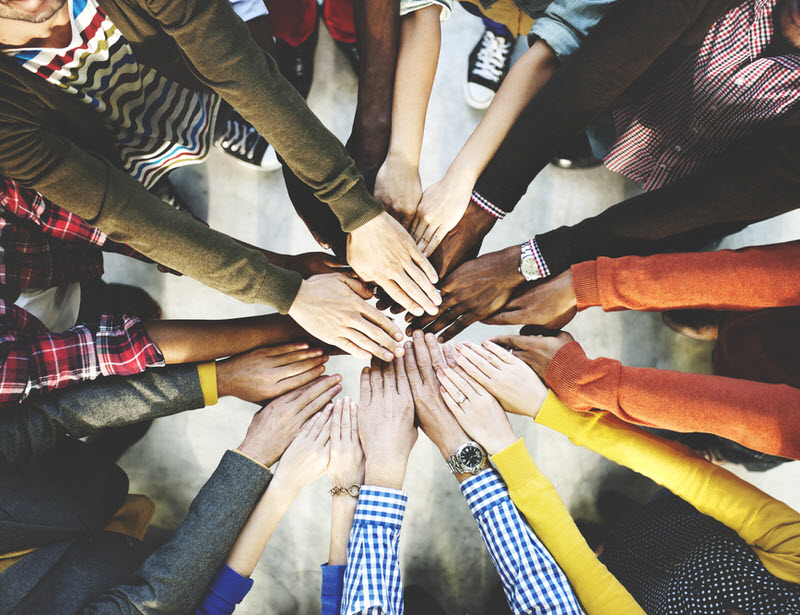
Central to the recommendations is that the responses are led, developed and delivered by Aboriginal and Torres Strait Islander organisations, communities and people.
Read more about the report and key recommendations.
Narang Bir-rong’s family programs
Throughout these difficult times, the team at Narang Bir-rong remains committed to providing Aboriginal and Torres Strait Islander children and young people with the care they need to meet their social, emotional and behavioural needs.
If you’re interested in becoming a carer, contact us and we can answer your questions, talk you through the process and let you know what’s involved in becoming a foster carer.
From enquiry through to placement and beyond, our team will be with you every step of the way.
Supported by




